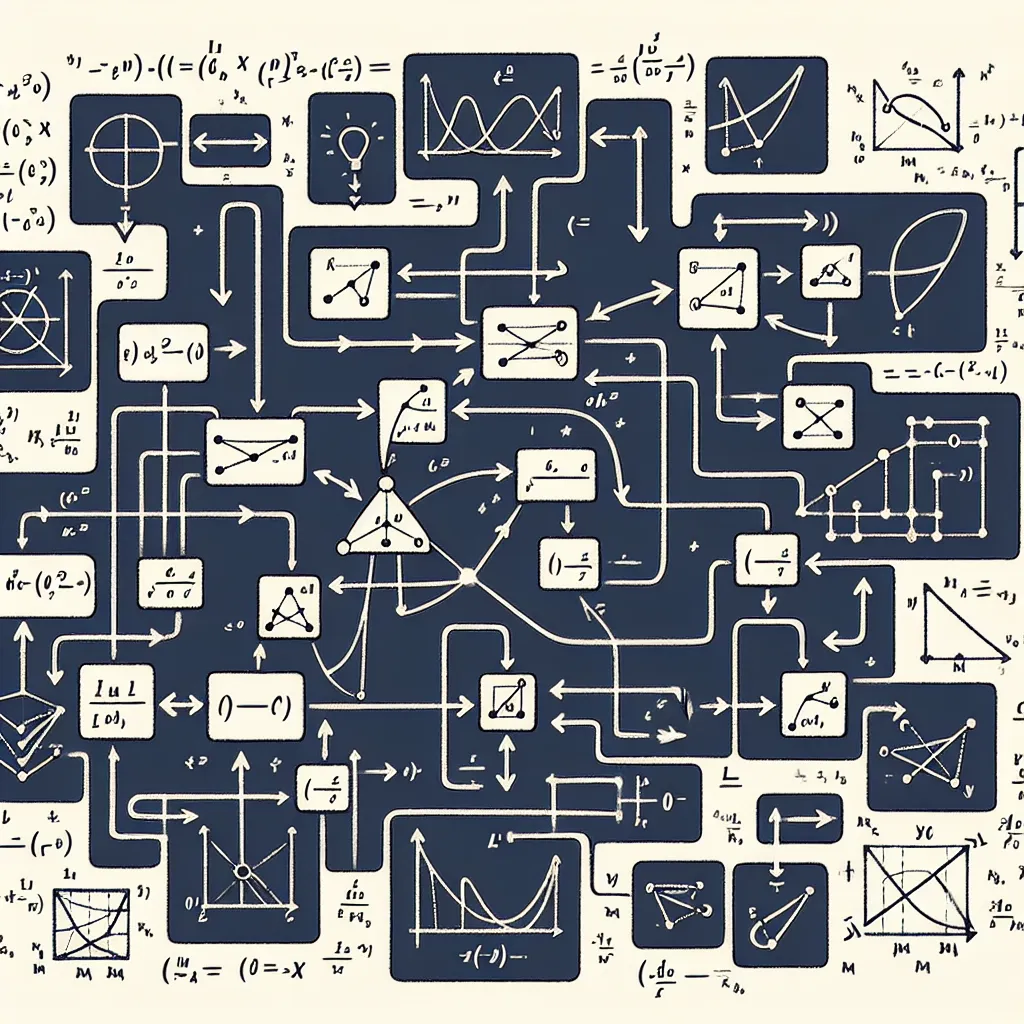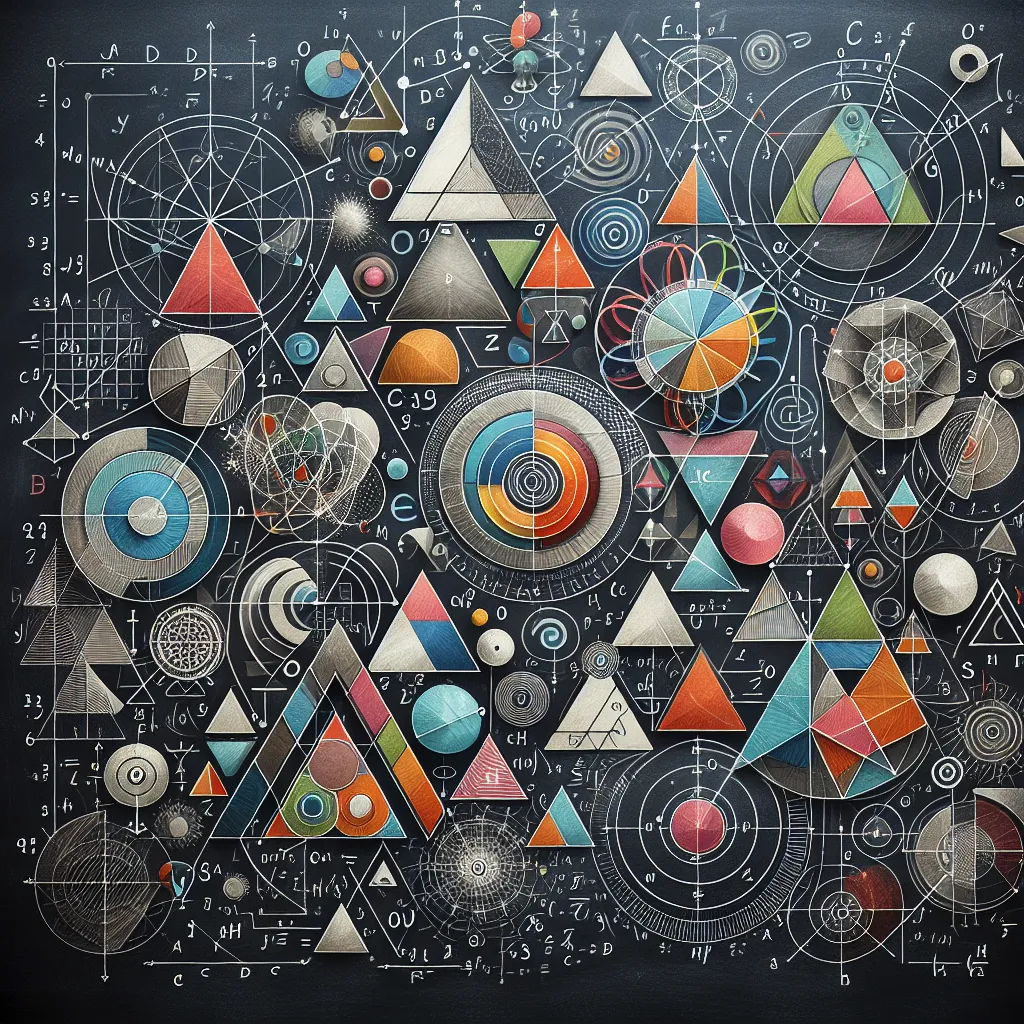Ask AI on The Internet
Question: What is the study of dynamical systems?
The study of dynamical systems is a branch of mathematics that focuses on systems governed by a set of rules or laws that describe the time-dependent behavior of their states. These systems can be either discrete (with changes occurring at specific intervals) or continuous (with changes occurring continuously over time). The core objective is to understand the long-term behavior of the system, especially whether it exhibits stability, periodicity, chaos, or other complex behaviors. Key aspects of dynamical systems include: 1. **State Space**: The set of all possible states in which a system can exist. 2. **Evolution Rule**: The rule that dictates how the state of the system evolves over time, which can be represented by differential equations (for continuous systems) or difference equations (for discrete systems). 3. **Stability Analysis**: Investigating whether small perturbations to the system's state grow or diminish over time. Stable systems return to equilibrium after disturbances, while unstable systems may diverge. 4. **Fixed Points and Periodic Orbits**: Points or cycles where the system can return to its initial state after some period. 5. **Chaos Theory**: Exploring systems that exhibit sensitive dependence on initial conditions, leading to unpredictable and complex behaviors, even though the system's rules are deterministic. Applications of dynamical systems span various fields such as physics, biology, economics, engineering, and ecology. For example: - In physics, dynamical systems describe the motion of planets, the behavior of particles, and the evolution of physical systems over time. - In biology, they model population dynamics, neural activity, and genetic regulation. - In economics, dynamical systems can represent market fluctuations or economic growth models. Overall, the study of dynamical systems provides deep insights into how complex behaviors emerge from simple rules, helping scientists and engineers predict and control the behaviors of various systems.
Think your answer is better than the AI's? Post it below.
Question Tags
If you want your question answered by an AI, click here.







Post your own comment: